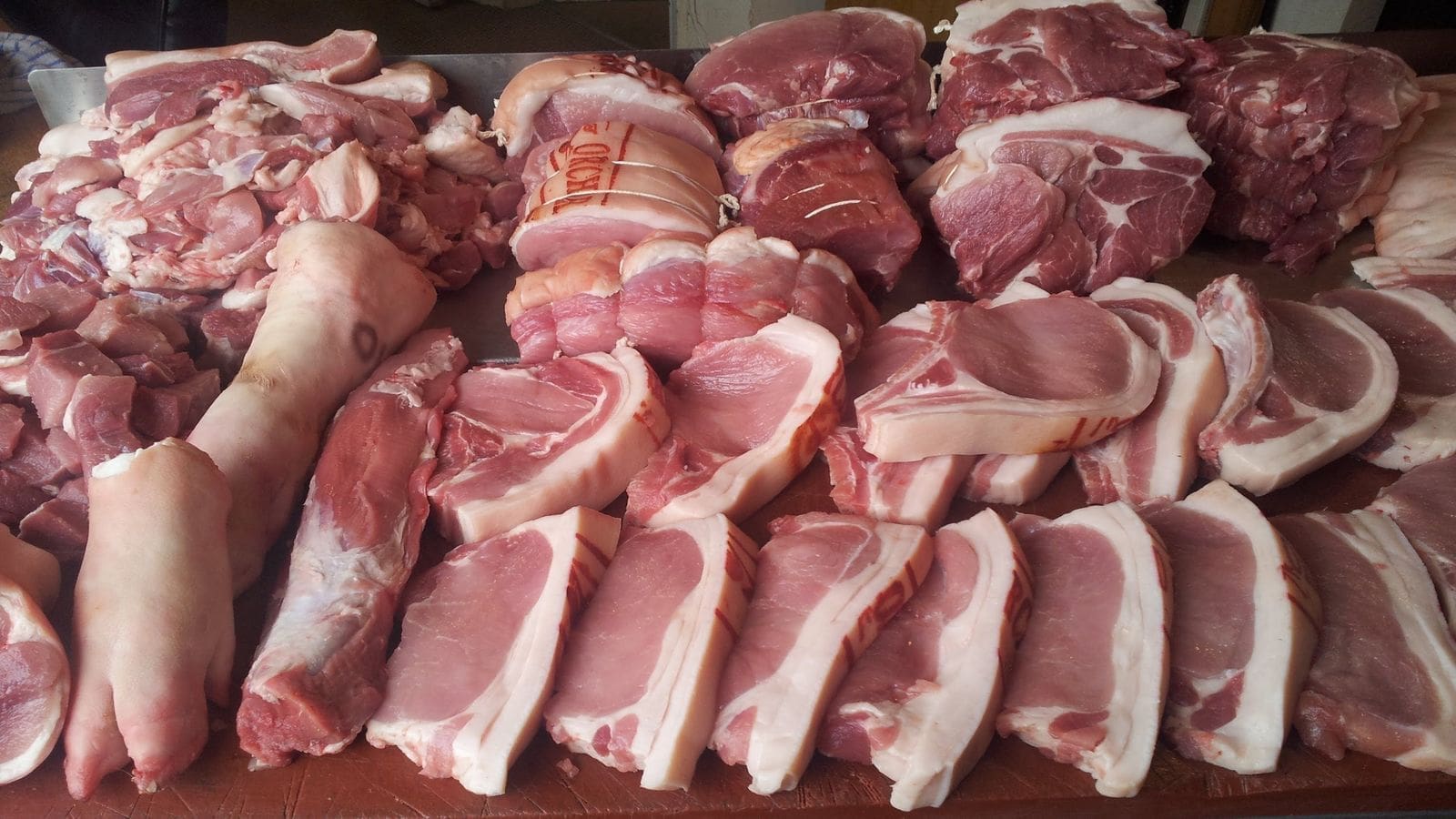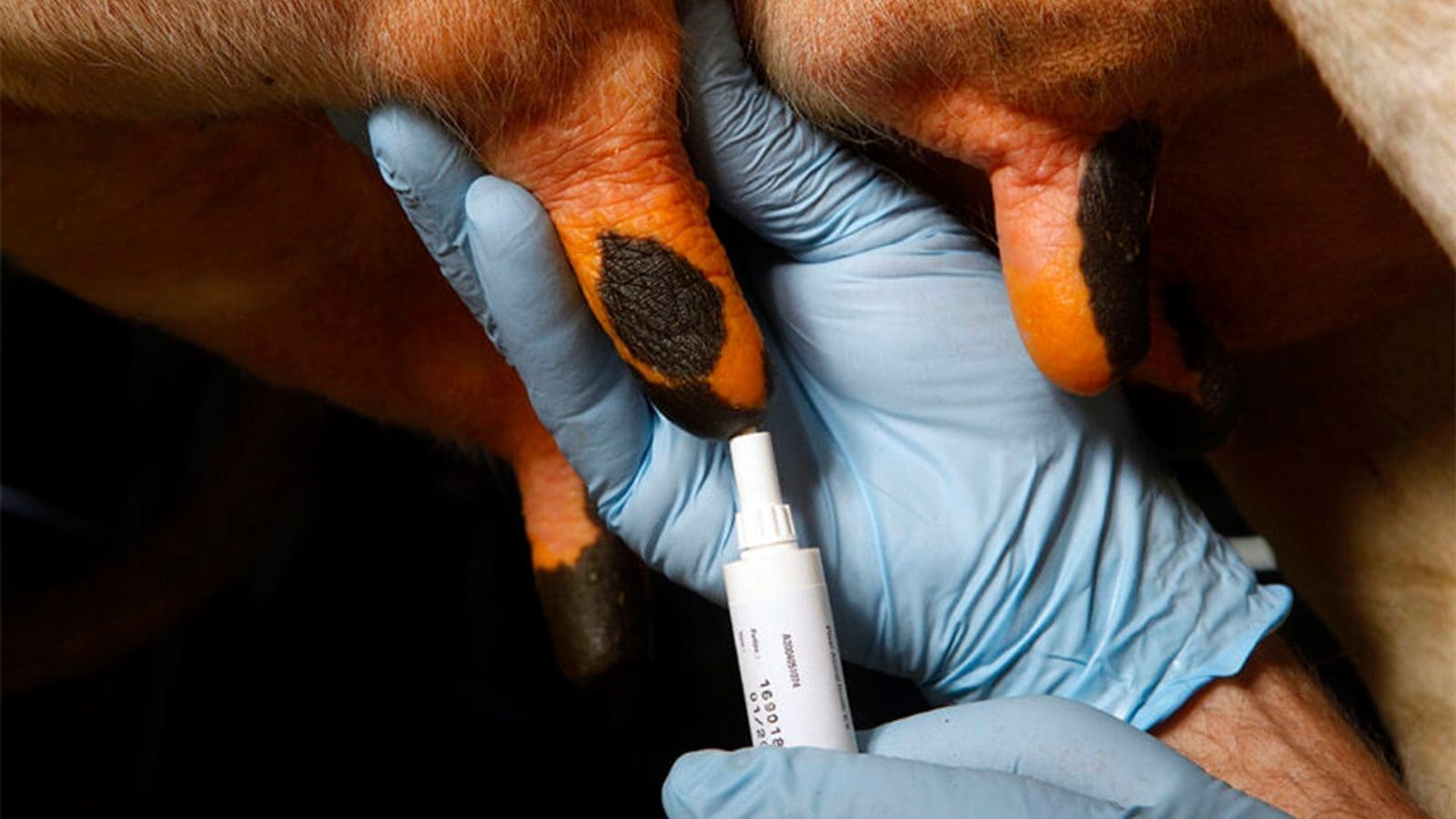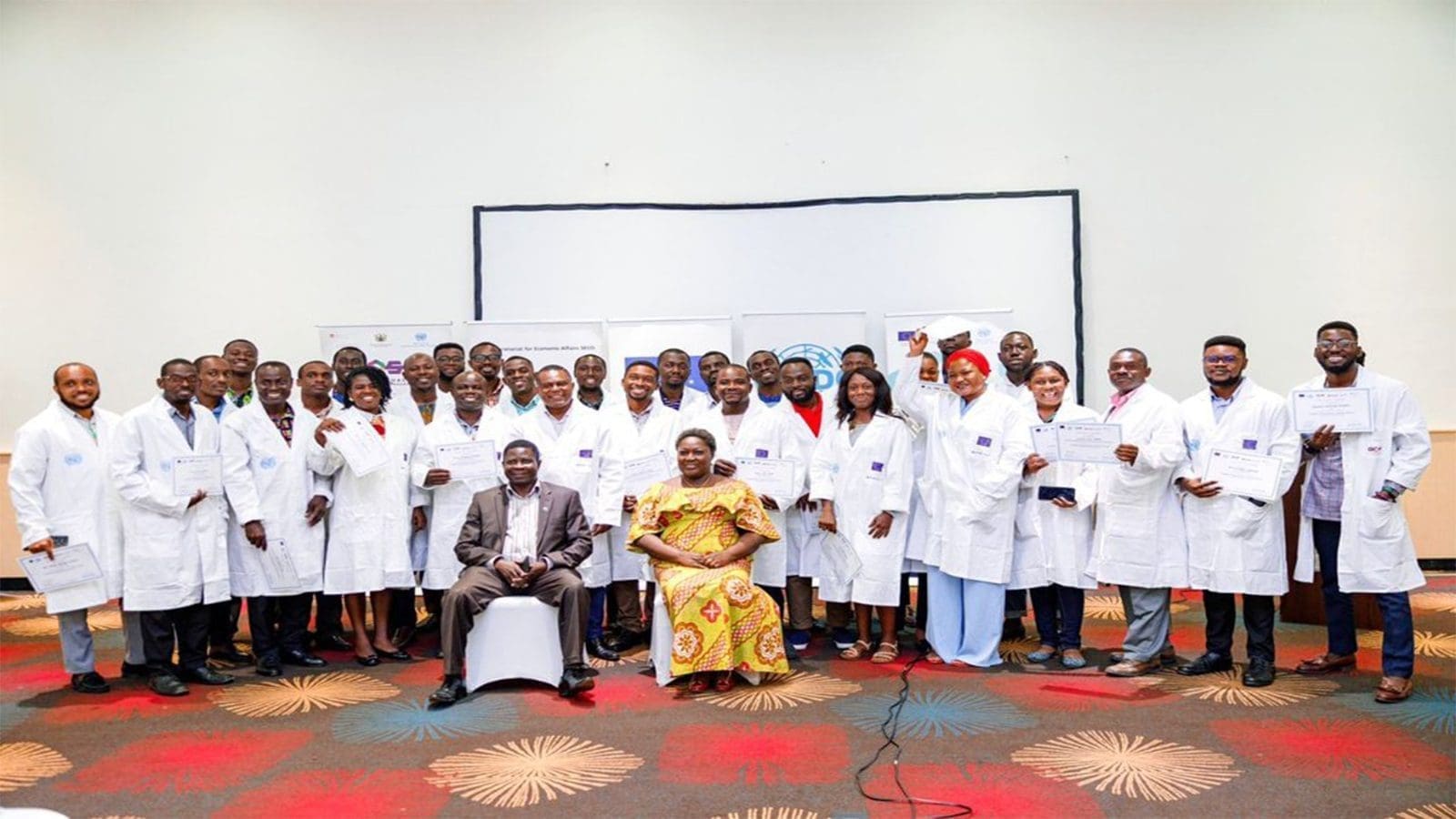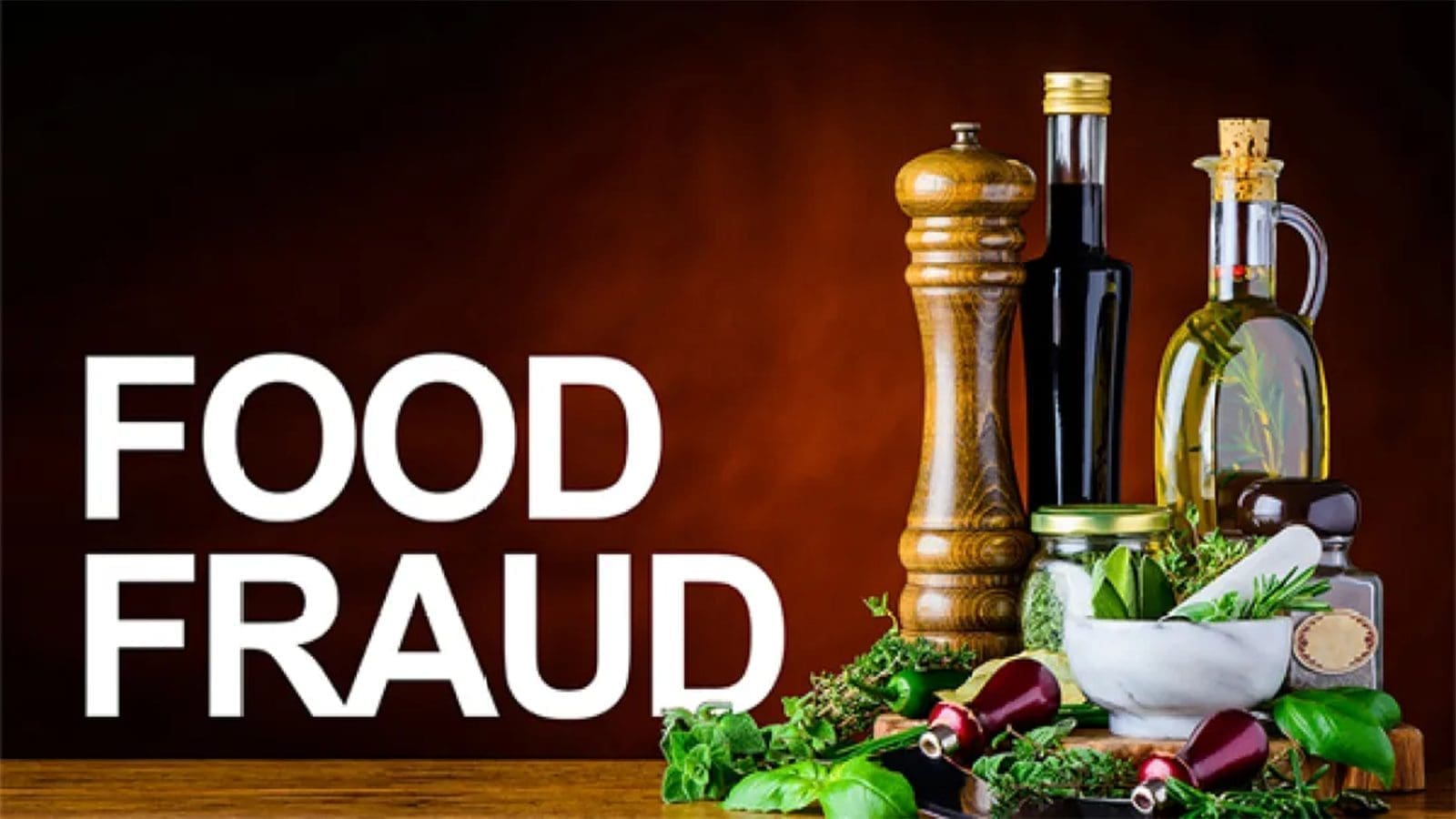KENYA – The Kenya Bureau of Standards has approved 11 standards that will safeguard consumers from fraudulent sellers of meat products.
They prescribe the procedure to be used in the screening, testing and analysis of the samples obtained for authentication in cases of both fresh cuts and meat derived products.
The bureau had kicked off the process of reviewing meat standards in mid-August where it sought views from potential users, in respect of relevance and effectiveness of the standards in addressing current market needs, regulatory needs and scientific and technological development.
The Standards apply to various animal products such as cows, sheep, goats, chicken, pigs, horses and donkeys. The “KS ISO/TS 20224-7:2020 KS Molecular biomarker analysis-Detection of animal-derived materials in foodstuffs and feedstuffs by real-time PCR”, provides direction on the use of molecular techniques and DNA material obtained from the meat products.
The standards will be relevant to government agencies such as the Department of Veterinary Services, the Ministry of Health and market surveillance teams who may utilize these standards to establish the source and quality of the meat, especially in cases where its authenticity is in doubt.
KS CAC/MRL 2-2018 KS – Residues of veterinary drugs in foods standards will aid in regulating the level of drug residues in food. The KEBS boss enlightens in a twitter post that veterinary drug residues are regulated by the Maximum Residue Levels (MRLs) which define the max amount of residue legally permitted on food including the active substance and its metabolites.
“Once implemented, the standards shall benefit various players in the meat industry such as meat processors and supermarkets to authenticate the source of their meat through accurate and precise test methods which are key to consumer safety.”
KEBS has also developed Kenya Standards KS 2325-1:2021 Rabbit Feed – Specification Part 1: Complete Feed and KS 2325-2:2021 Rabbit Feed – Specification Part 2: Supplementary Feed, to guide the production of quality and safe feeds for healthy rabbits.
Rabbit farming, due to the growing demand of high-quality meats and the small spaces required to rear them, is on the increase and has become an attractive sector for livestock and domestic farmers in the country.
“The Standards address issues such as nutrient requirements, quality and safety attributes of the processed feeds as well as labelling requirements – which are useful for guiding quality control tests, quality assurance decisions and certification processes.”
KEBS has also developed methods of tests in support of the feed industry. These standards provide procedures for determination of important quality, nutrition and safety components in raw materials and feed products – such as calcium phosphate, nitrogen/protein content, crude ash, moisture levels, etc., and residues of veterinary drugs in animal products.
The standards are aimed at supporting the improvement of quality assurance checks and provide objective procedures for application by stakeholders in the animal feed industry such as regulators, manufacturers and importers.
Liked this article? Subscribe to Food Safety Africa News, our regular email newsletters with the latest news insights from Africa and the World’s food safety, quality and compliance. SUBSCRIBE HERE








